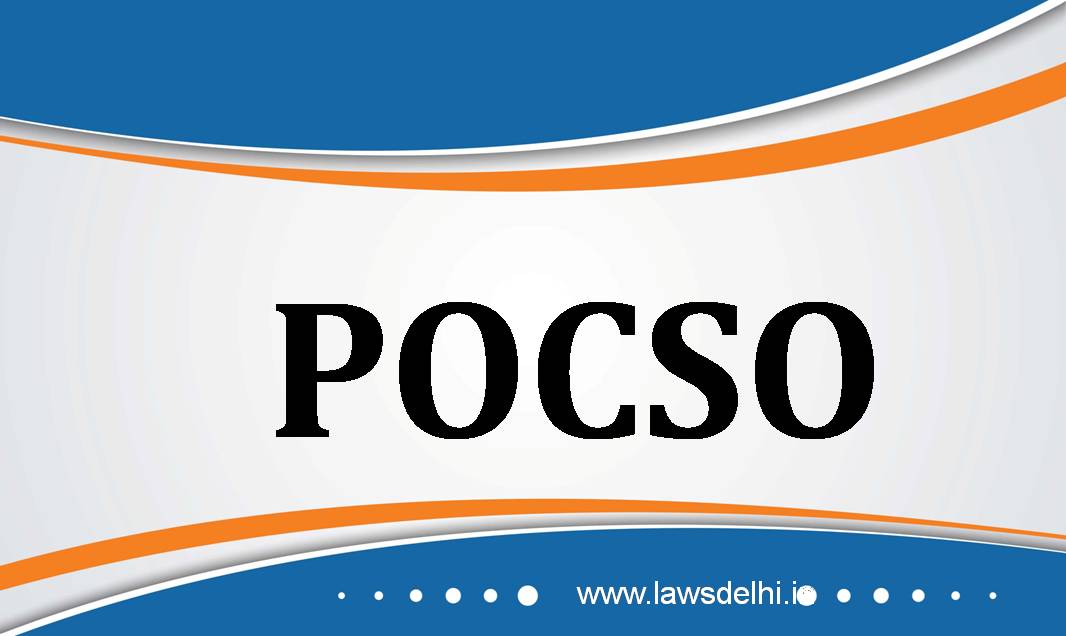HELD modify the sentence imposed for the offence under Sections 376(2)(i) and 376(2)(m) of IPC and for the offence under Section 5 (i) and 5 (m) read with Section 6 of the POCSO Act, so as to commensurate the said sentences with the sentence imposed for the offence under Section 376(A) of IPC, and accordingly imposes sentence directing the appellant/petitioner to undergo imprisonment for a period of twenty years instead of life imprisonment for the said offences.
SUPREME COURT OF INDIA FULL BENCH MOHD. FIROZ — Appellant Vs. STATE OF MADHYA PRADESH — Respondent ( Before : Uday Umesh Lalit, CJI, S. Ravindra Bhat and Bela M.…








